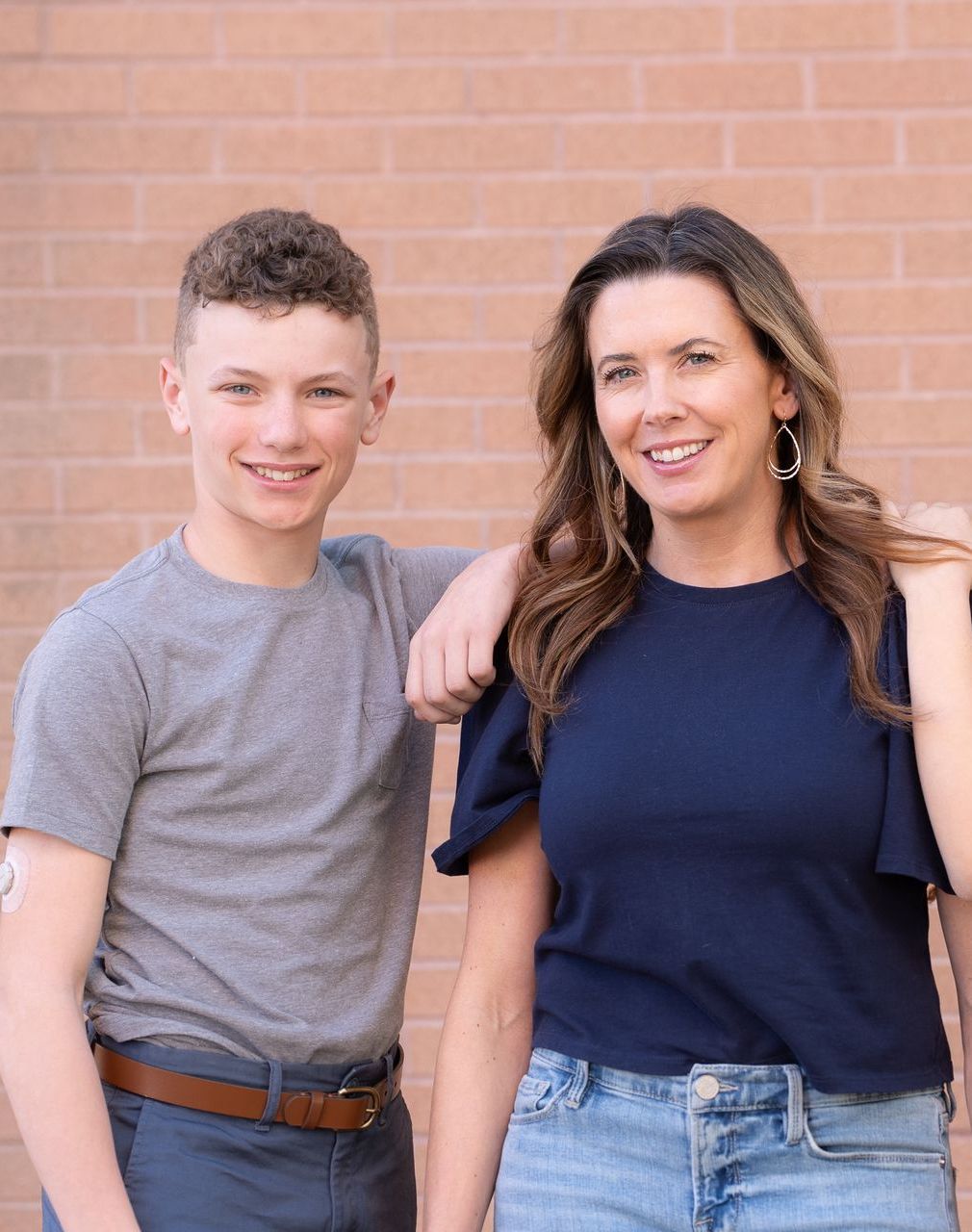Caregiver Resources
Caring for a Loved One with Type 1 Diabetes: Essential Guide for Caregivers
Type 1 diabetes is a life-changing diagnosis, not only for those living with it but also for their caregivers. As a caregiver, whether you're a parent, spouse, friend, or healthcare professional, your role is pivotal in supporting the well-being, emotional health, and daily management of someone with type 1 diabetes. Here, we provide valuable insights and resources to help you navigate the journey of caregiving with confidence and compassion.
Caregivers play a critical role in ensuring that the person with type 1 diabetes maintains balanced blood sugar levels, which are essential for preventing both short-term and long-term complications.
Your Role as a Caregiver
Caring for someone with type 1 diabetes requires attention to detail, empathy, and often the ability to quickly adapt to new situations. Here are key responsibilities you may take on as a caregiver:
- Monitoring Blood Sugar: Helping with regular blood sugar checks, either through finger pricks or continuous glucose monitors (CGMs). This includes understanding target blood sugar ranges and recognizing the signs of highs (hyperglycemia) and lows (hypoglycemia). Some CGMs allow a person wearing the CGM to share their information with a caregiver with a compatible smartphone.
- Administering Insulin: Whether through an insulin pump, pens, or syringes, ensuring timely and accurate insulin delivery is crucial. You may need to calculate insulin doses based on food intake, activity levels, and blood sugar readings.
- Meal Planning and Nutrition: Learning about carbohydrate counting and how different foods affect blood sugar can help manage type 1 diabetes. As a caregiver, you'll assist with meal planning to create balanced meals that support good glucose control.
- Recognizing and Responding to Emergencies: Knowing the signs of diabetic emergencies, such as severe hypoglycemia (low blood sugar) or diabetic ketoacidosis (DKA), and how to respond is vital. Caregivers should have a plan in place for emergencies and ensure access to glucagon or other necessary treatments.
- Providing Emotional Support: Living with type 1 diabetes can be emotionally taxing. Offering emotional support, being an active listener, and encouraging positive mental health habits are important aspects of caregiving.
Tips for Caregivers
1. Educate Yourself: Learn as much as possible about type 1 diabetes, including its management, technologies, and treatments. The Children’s Diabetes Foundation offers resources such as the Pink Panther books and support groups for caregivers.
2. Communicate with Healthcare Providers: Establish a strong relationship with your loved one’s healthcare team. Attend appointments, ask questions, and stay informed about any changes in treatment plans or technologies.
3. Foster Independence: While your role as a caregiver is important, it’s equally essential to encourage age-appropriate independence for the person with type 1 diabetes, especially as they grow older. Teaching them self-management skills will empower them to take control of their condition.
4. Take Care of Yourself: Caring for someone with type 1 diabetes can be emotionally and physically demanding. Don’t forget to prioritize your own health, seek support when needed, and take breaks to prevent burnout.
5. Stay Positive: While there are challenges, it's important to maintain a positive outlook. Advances in diabetes technology, better insulin therapies, and ongoing research give hope for improved management and, ultimately, a cure.
Being a caregiver for someone with type 1 diabetes is an incredibly important job, and you deserve support as well!

